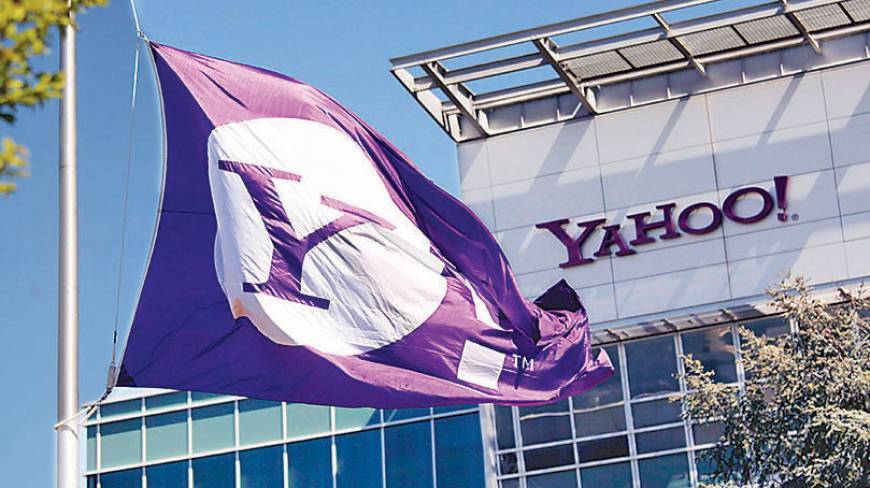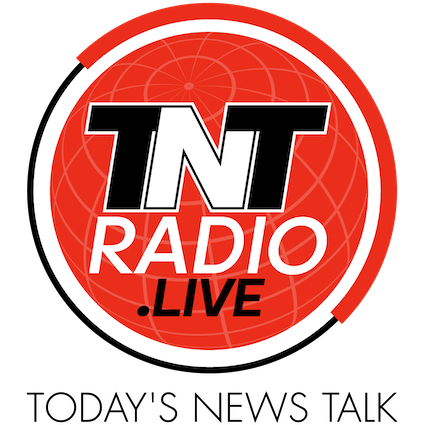Don’t Let Radio End Up Like Yahoo!

The US Radio Market went through a period of mass consolidation of media assets, radio was front and centre as Wall Street came with open cheque books. With the Australia market potentially on the cusp of a similar destiny if media laws change, what can we learn from the US experience?
Dick Taylor has written a great piece on the parallels of the recent demise of power of Yahoo Inc and the USA Radio industry. Dick lived through consolidation as a Clear Channel Market Manager. Recognised as a turnaround specialist – Dick is also a Professor WKU School of Journalism & Broadcasting in Kentucky.
I just finished listening to Jason Jennings’ podcast about how Yahoo went from being a company worth $120 Billion to its sale to Verizon for $4.8 Billion. I think the wisdom that Jason shared is very applicable to the radio industry’s journey through consolidation since the Telcom Act of 1996.
Jason says the selling of Yahoo is like a train wreck; you don’t want to look, but you just can’t help yourself. I know many who’ve said similar things as Wall Street invaded radio with its goal of “increasing shareholder value.”
So how can radio learn from Yahoo’s mistakes? What are the lessons Jason shared that apply to radio? Let me share with you the Top 5 Lessons of Yahoo:
#1) Know What You’re All About
Yahoo never really defined itself and the revolving door of CEOs contributed to this with each one bringing a different vision – or no vision – to Yahoo. Or as Jason puts it, the company didn’t have a purpose; they never knew what they were all about.
As radio was deregulated and its original mission of serving the public interest, convenience and necessity was abandoned, nothing replaced radio’s reason for existing except for “increasing shareholder value.” Not surprising as radio people were replaced by Wall Street investors.
#2) Have a Set of Guiding Principles
Radio’s guiding principles were first established by the FRC (Federal Radio Commission) and then by the FCC (Federal Communications Commission). Under President Ronald Reagan – and his government is best that governs least approach – radio’s deregulation began. President Bill Clinton would open the flood gates of consolidation with his signing of the Telcom Act of 1996.
With no guiding principles, investors were free to move in all directions; and they did, buying up not just radio stations but many of its manufacturers and service providers for radio.
It’s like the old saying, if you don’t know where you want to go, any road will take you there.
#3) Using a Business like a Personal Piggy Bank
Radio investors and many top radio executives began using radio as a personal piggy bank, only taking care of themselves and focusing on the immediate quarter with no long term vision, strategy or investment. Too many just lined their pockets and left.
#4) Trying to Be All Things to All People
Jason says “great companies stick to their knitting. You can’t be all things to all people.”
Radio was originally about serving their community of license via over-the-air broadcasting. It delivered local news, local sports, local community events, local bands and more by local radio personalities who lived in the communities they served. It was focused like a laser beam on local, local, local.
#5) Don’t Copy the Competition
Radio today is trying to copy Pandora, Spotify, Apple Music and others. Radio today is trying to also copy YouTube, Facebook, Pinterest, Twitter and SnapChat. Radio is trying to copy just about every other business advertising model and without any guiding principles has been economically treading water.
Yahoo’s SVP Brad Garlinghouse wrote his infamous “Peanut Butter Memo” in October of 2006 that pleaded with the company to narrow its focus and clarify its vision.
Brad felt that Yahoo was spreading its resources too thinly. Business Insider recently wrote “This internal memo from 10-years ago shows Yahoo still hasn’t solved its biggest problem.”
If Yahoo had a culture problem, radio by way of mass consolidation had an even bigger one. First, as Wall Street money flowed in and radio stations were bought up, each of those stations represented its own culture that would need to merge into a larger culture. Then these new larger radio groups would try to change the culture from a local scope to a national scope. National radio personalities like Ryan Seacrest, Rush Limbaugh and many others would replace local personalities. National radio contests would replace local ones. Live and local for the most part would soon only appear in the history books on radio.
Culture is created at the top. Over the last twenty-years, radio’s consolidation has seen a revolving door of top leadership. The culture of radio has been a moving target for both industry professionals and listeners alike. Culture is built over time. There is no “quick fix” for building culture.
Absent a company culture, what fills the vacuum is one of everyone for themselves.
Now twenty-years later, there are signs of new growth as people who believe in live and local, and operating in the public interest, convenience and necessity are entering the business.
In many small markets, this way of operating never got sucked into the vortex of consolidation.
Even some of our country’s biggest radio companies are focused on getting back to the core principles radio was built upon.
Radio, the first broadcast transmission system to reach a mass audience, almost 100-years later is still the leading way to reach a mass audience.
 ABOUT:
ABOUT:
Dick Taylor – CRMC/CDMC has a successful track record in sales and people development, growing top line revenues, achieving leading audience ratings, reducing expenses, meeting bottom line goals and mentoring. Recognised as a turnaround specialist – Dick is also a Professor WKU School of Journalism & Broadcasting in Kentucky. You can contact or follow Dick on LinkedIn or his website.


